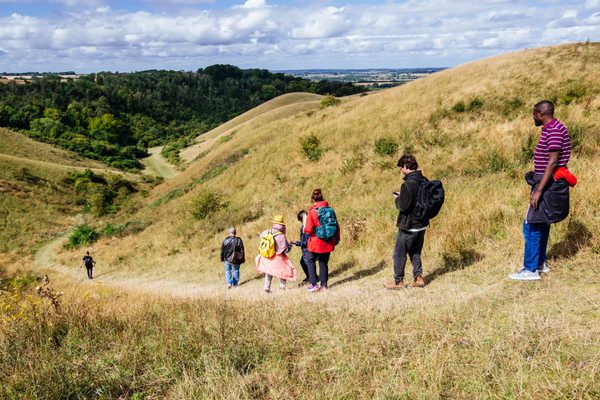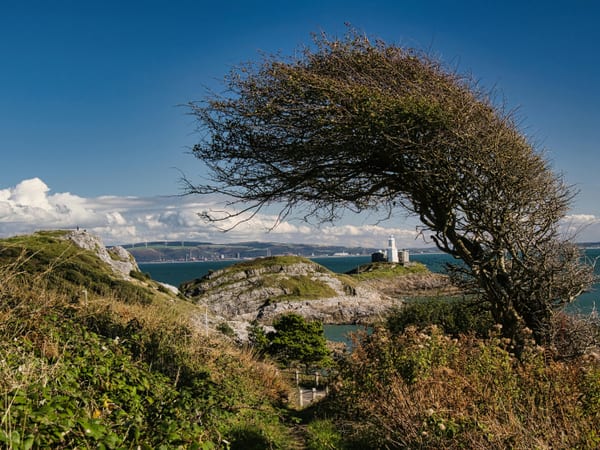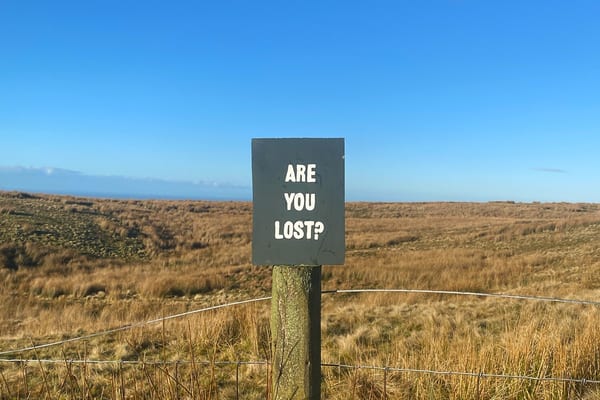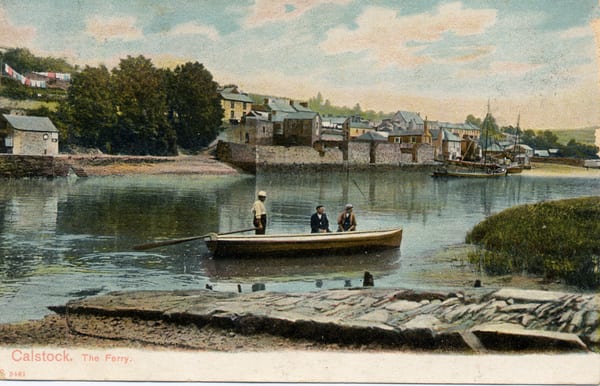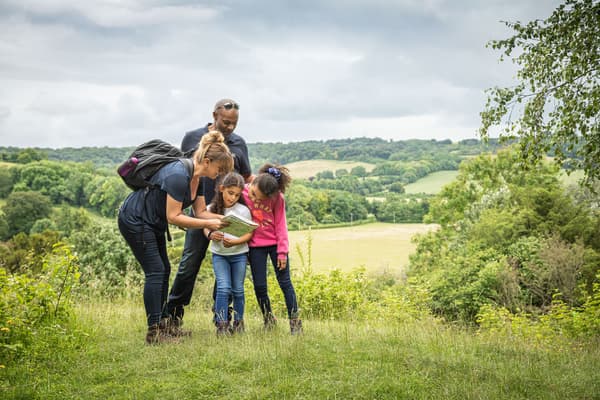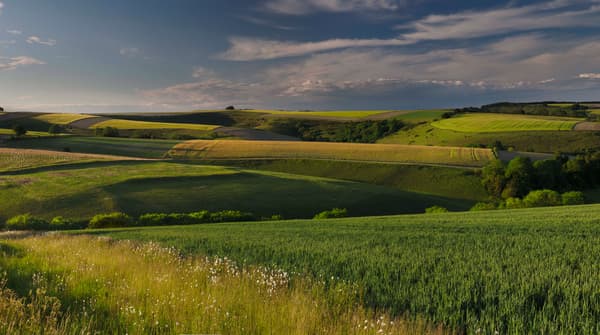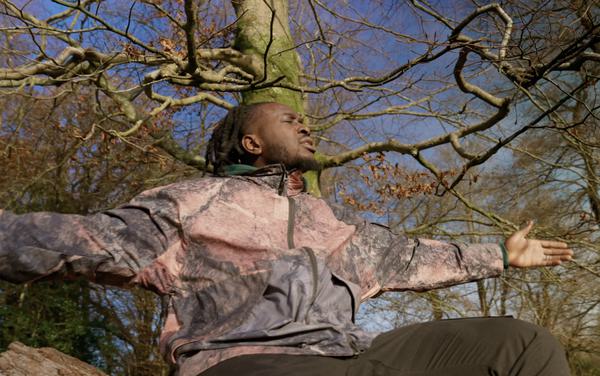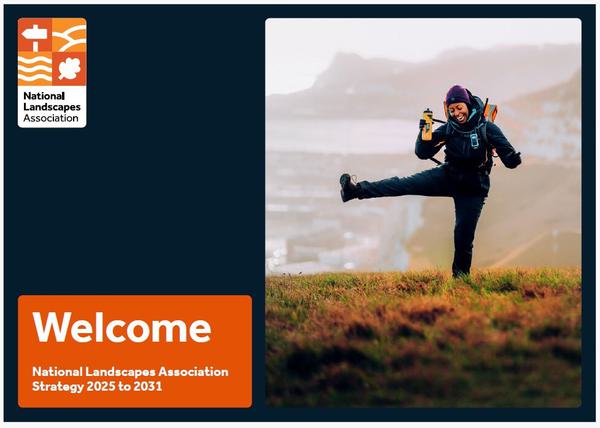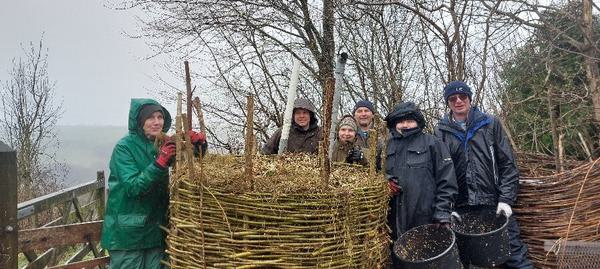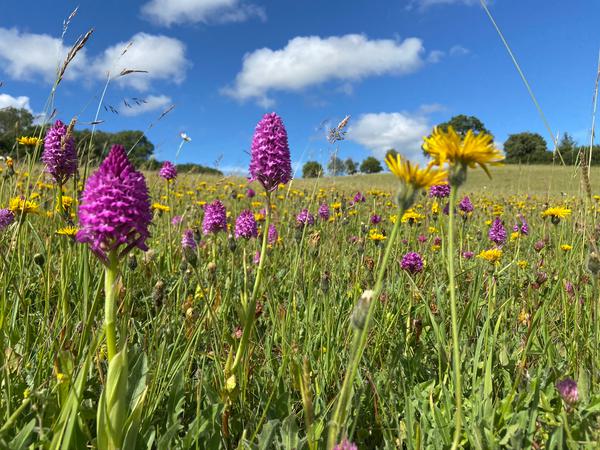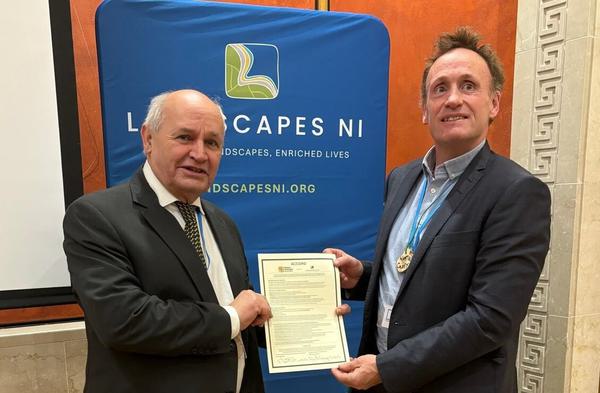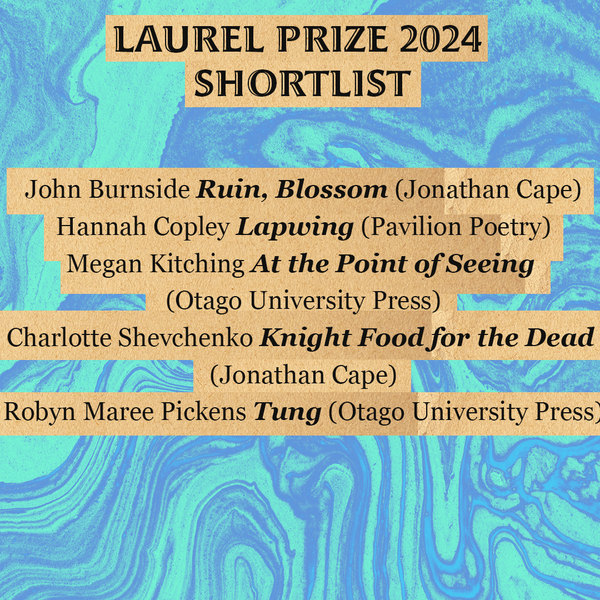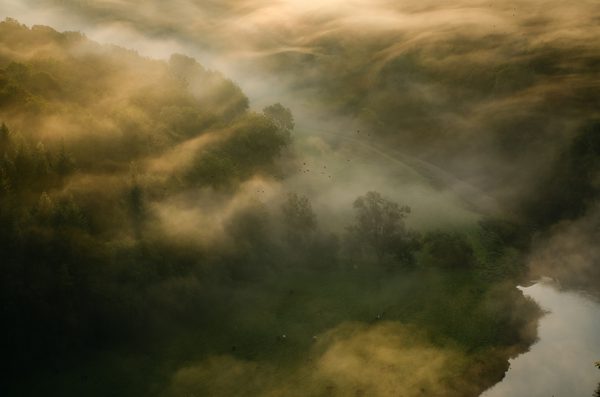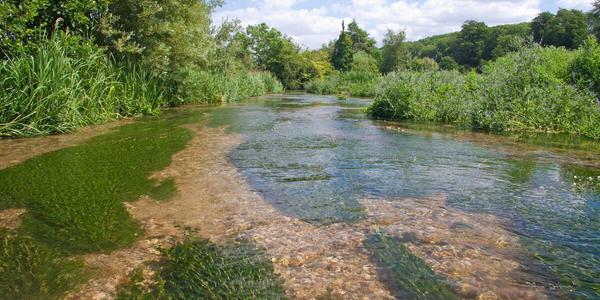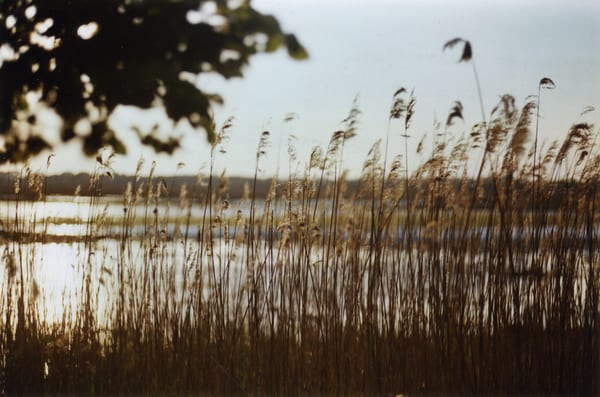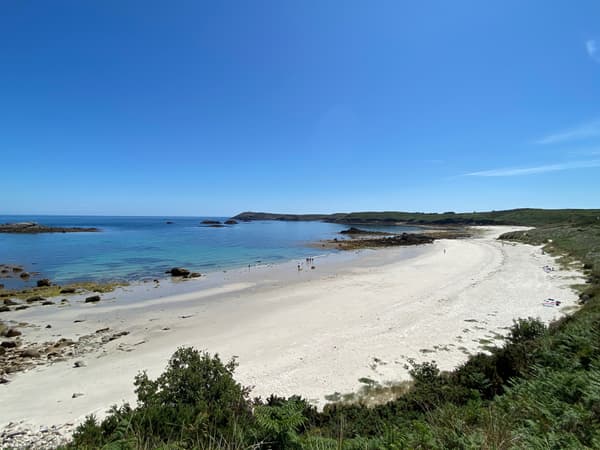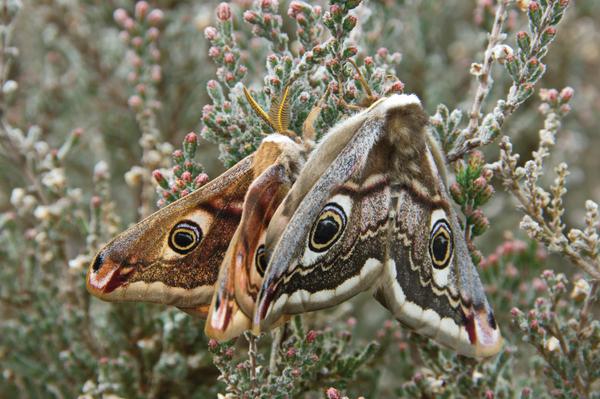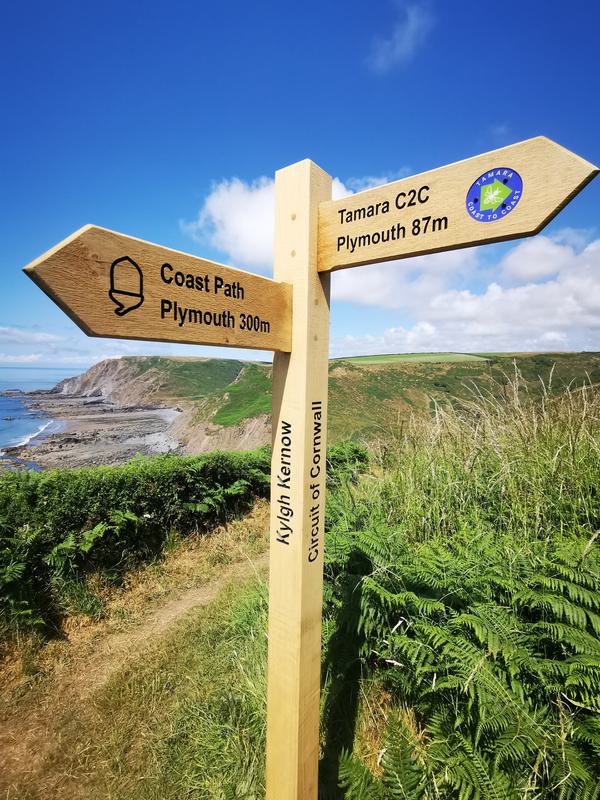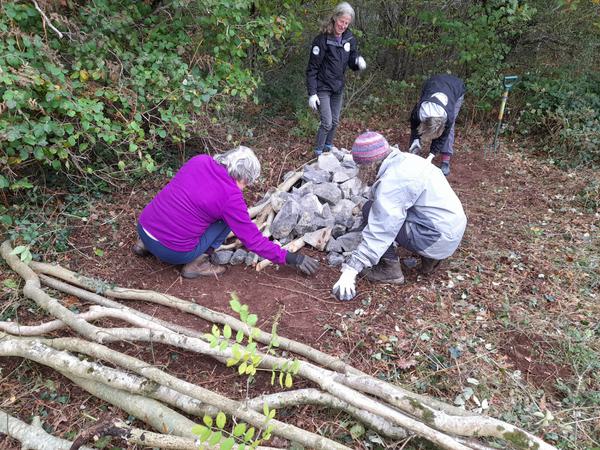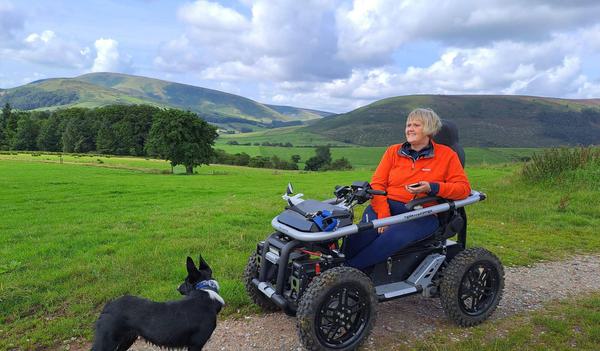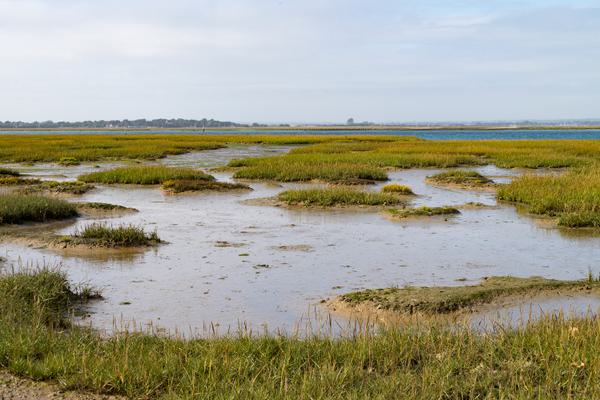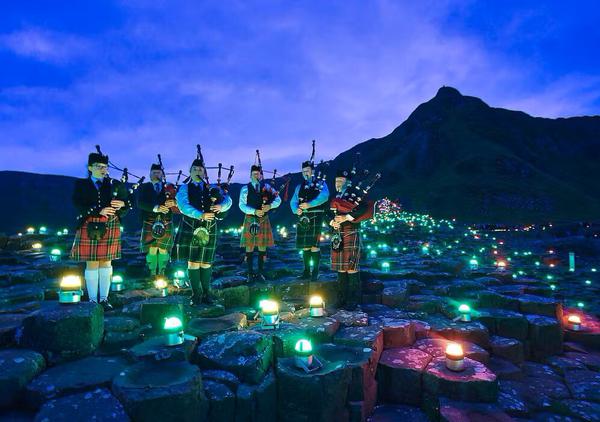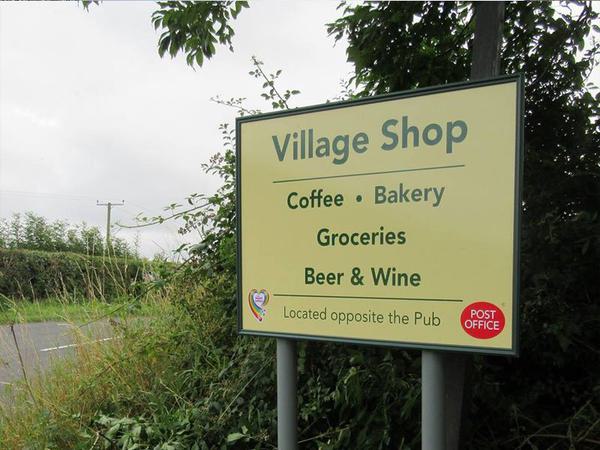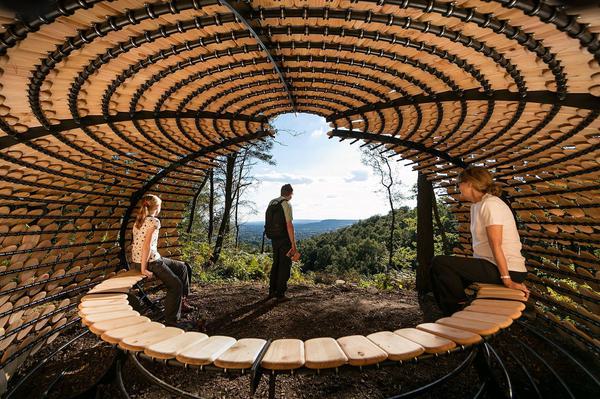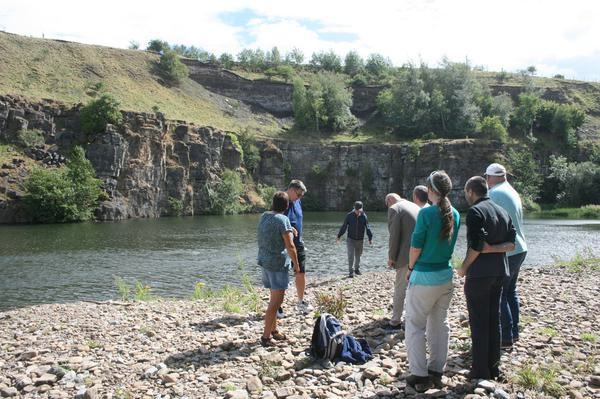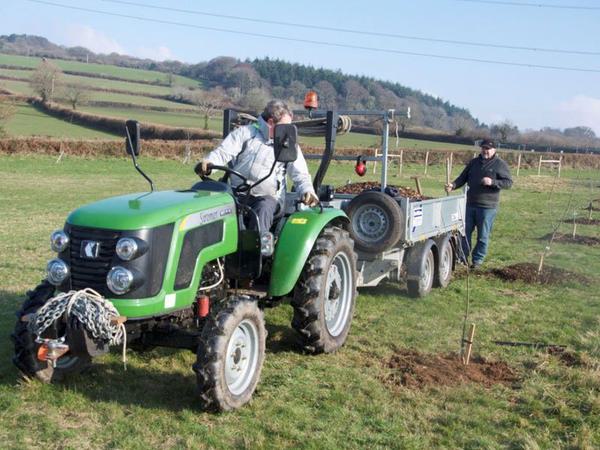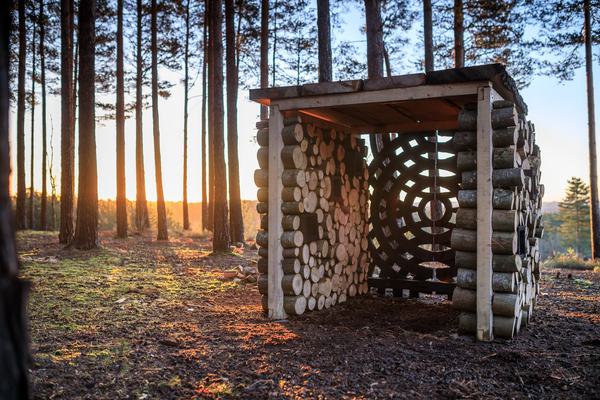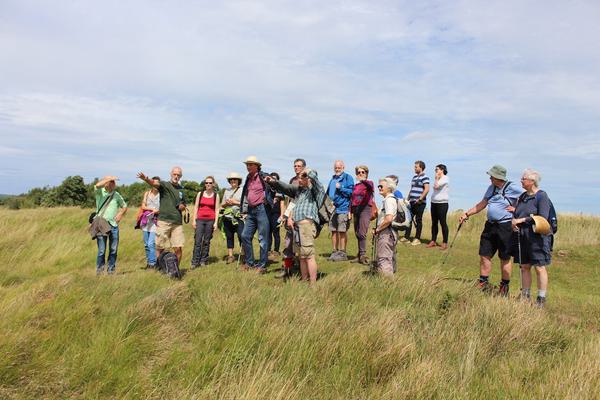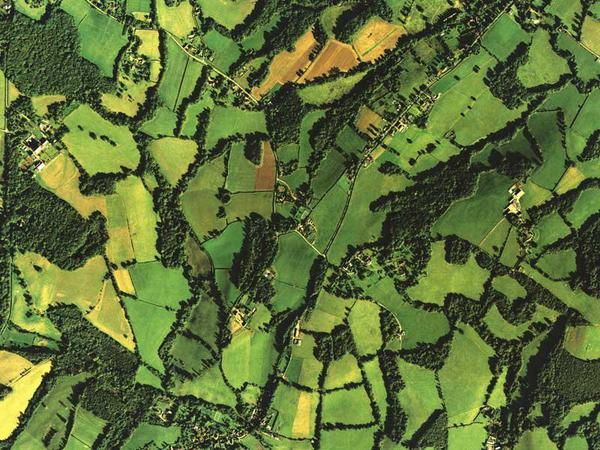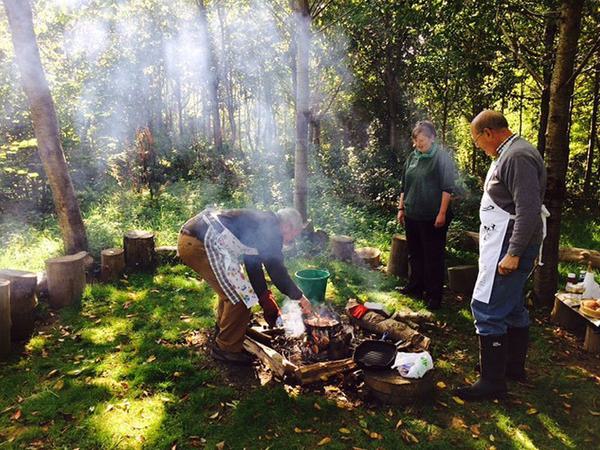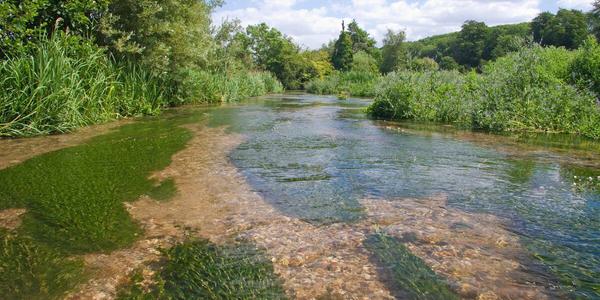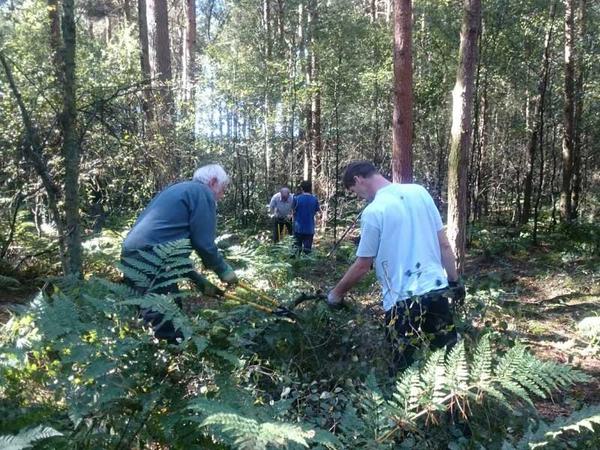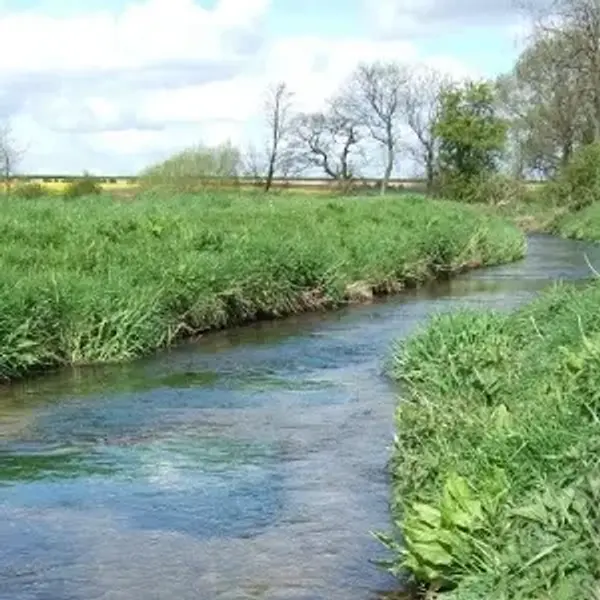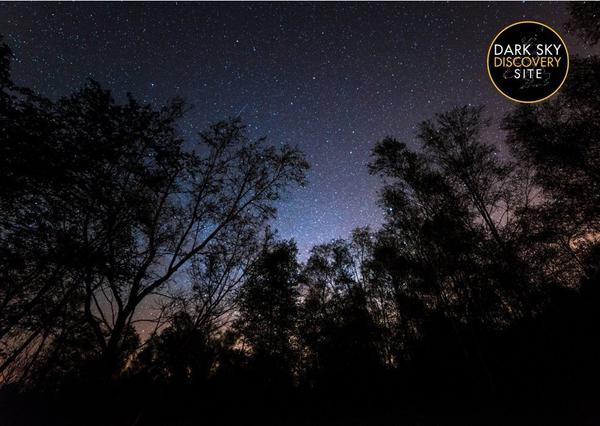Blackdown Hills Natural Futures
Overview
The Blackdown Hills Area of Outstanding Natural Beauty (AONB) Partnership received funding in 2014 from the Heritage Lottery Fund and other supporters for the Blackdown Hills Natural Futures (BHNF) project which started in January 2015. Over 3 years the project discovered more about the natural heritage of the Blackdown Hills by:
Supporting local people to set up community wildlife projects
Helping people gain new skills in ecological surveys and nature conservation
Encouraging everyone to enjoy and understand the wildlife of the AONB.
What was done
A key component of the project is an ecological training programme designed to help people embark on careers in the ecological and conservation sector. Three unpaid traineeships were offered each year, consistently attracting scores of applications. During the six-month placements, trainees help survey wildlife sites within the AONB and receive in-depth training in botanical identification as well as wider ecological survey techniques. Training subjects covered include most European protected species (bats, great crested newts, dormice, otter, badgers etc). All survey data is provided to landowners (along with land management advice) and the Devon and Somerset environmental record centres to increase our knowledge and understanding of the special sites, species and habitats of the Blackdown Hills.
Outputs/Outcomes
Outputs:
- By the end of the 2017 survey season over 120 sites will have been visited, surveyed and follow up conservation management advice reports provided to landowners.
- To date all trainees have secured paid employment within the nature conservation, ecology or research sectors.
Outcomes:
- As a result of these surveys, many new county/local wildlife sites will be designated recognising their special conservation value. In addition, a number of landowners are adapting their land management practices to improve the conservation value of their land thanks to survey feedback from trainees.
- The AONB partnership has improved new relationships with landowners and land managers who have received high quality advice through the programme. In some instances landowners have been able to secure grants for conservation work as a result of surveys provided through the project.
Learning
The training programme has been extremely successful in all areas. Each year each more than 60 applications were received for the 3 volunteer positions demonstrating the high demand for this type of training and level of competition for jobs. Reasons for success:
- Heritage Lottery support
- A professional and highly knowledgeable and skilled training officer
- Intelligent, committed and enthusiastic trainees
- In depth botanical survey training and wide variety of biodiversity survey skill training, in particular covering European Protected Species attracted large numbers of applicants.
- Partnership support from Environmental Record Centres.
- Willingness of landowners to allow surveys to take place on their land.
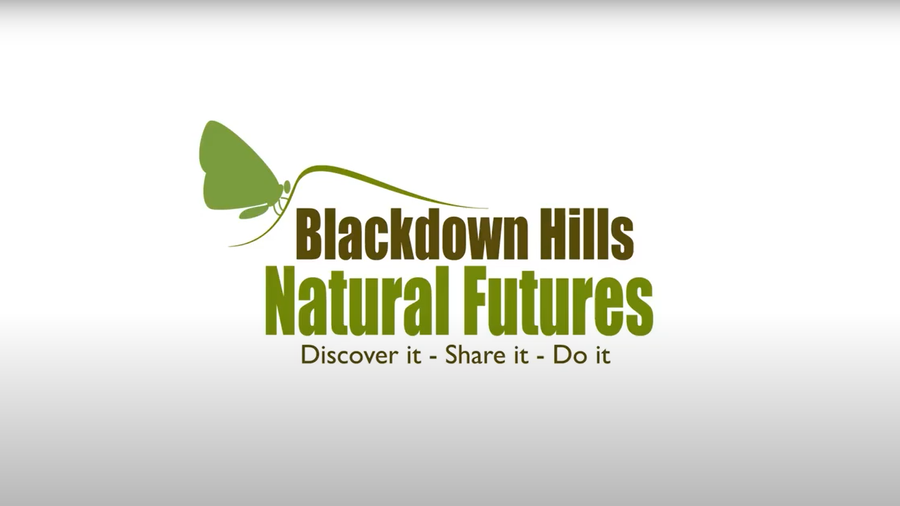
Blackdown Hills Natural Futures Training Programme
































